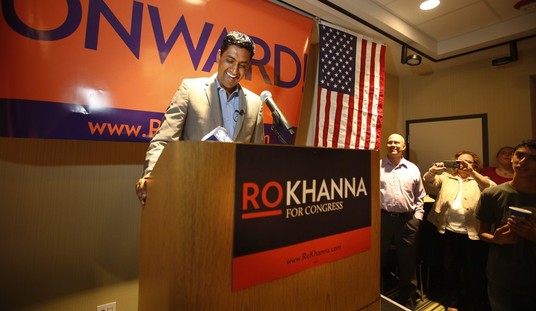I blame King Banaian. I really do. After all, if our nation’s universities did a better job of educating people on basic economics, the fact that banks don’t want to waste money and time modifying mortgages for people who are bad risks wouldn’t make news at all, let alone front-page news at the Washington Post.
I don’t even want to blame Renae Merle or the Post’s editors for running a “Surprise: Water Often is Wet” story. After all, no one at the White House apparently knew about this, either:
Policymakers often say it’s a good deal for lenders to cut borrowers a break on mortgage payments to keep them in their homes. But, according to researchers and industry experts, foreclosing can be more profitable.
The problem is that modifying mortgages is profitable to banks for only one set of distressed borrowers, while lenders are actually dealing with three very different types. Modification makes economic sense for a bank or other lender only if the borrower can’t sustain payments without it yet will be able to keep up with new, more modest terms.
A second set are those who are likely to fall behind on their payments again even after receiving a modified loan and are likely to lose their homes one way or another. Lenders don’t want to help these borrowers because waiting to foreclose can be costly.
Finally, there are those delinquent borrowers who can somehow, even at great sacrifice, catch up without a modification. Lenders have little financial incentive to help them.
The real issue in the financial crisis is the second set. These are people who bought homes they never could have afforded in any circumstances, but gambled on the continuation of the housing bubble to get them enough equity to refinance under better terms. That worked for several years as the government distorted the lending market with pressure to increase subprime lending, which boosted demand and decoupled housing prices from inflation.
Some people gambled near the end of the bubble and couldn’t refinance fast enough to avoid the collapse. That’s not the fault of the lenders. After all, speculation carries risk, sometimes a great deal of it, which is why people shouldn’t engage in it unless they can afford the loss. Indemnifiying people against the risk means that more people will learn that there is no risk in speculation, which will produce much more irrational behavior in the long run.
Of course, in order to understand that much, one has to understand why lenders aren’t brimming with enthusiasm for delaying inevitable foreclosures for people who have no hope at all in keeping their homes, and why it doesn’t take a government program to motivate lenders to restructure loans with borrowers who can.
And no, I don’t really blame King for that. I blame everyone who didn’t send their children to teachers like King who inculcate some common sense rather than Utopian schemes.








Join the conversation as a VIP Member